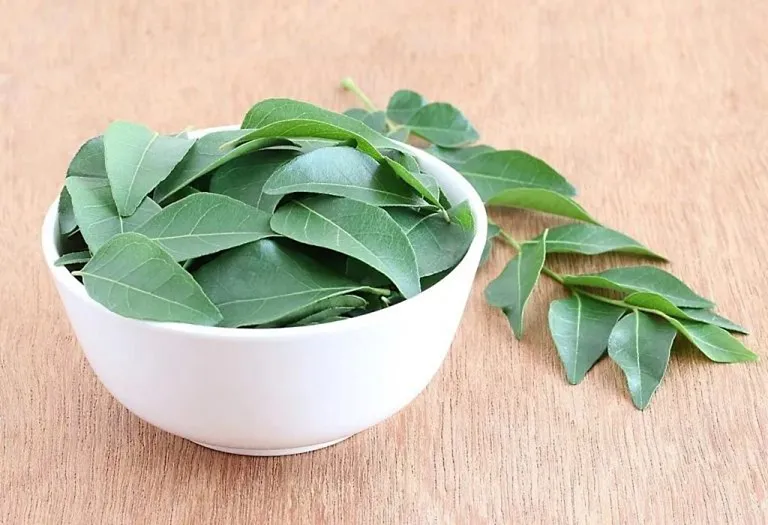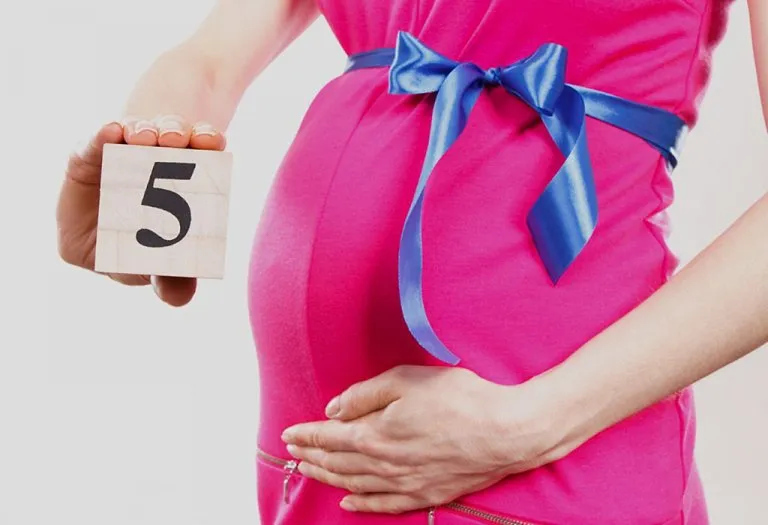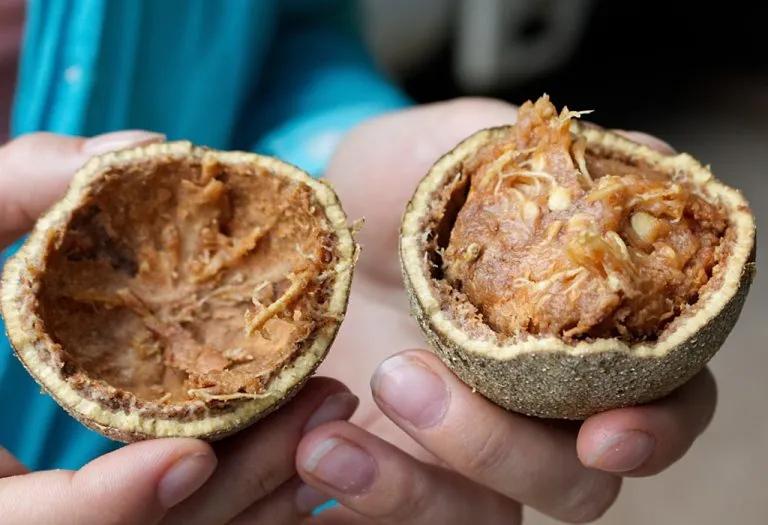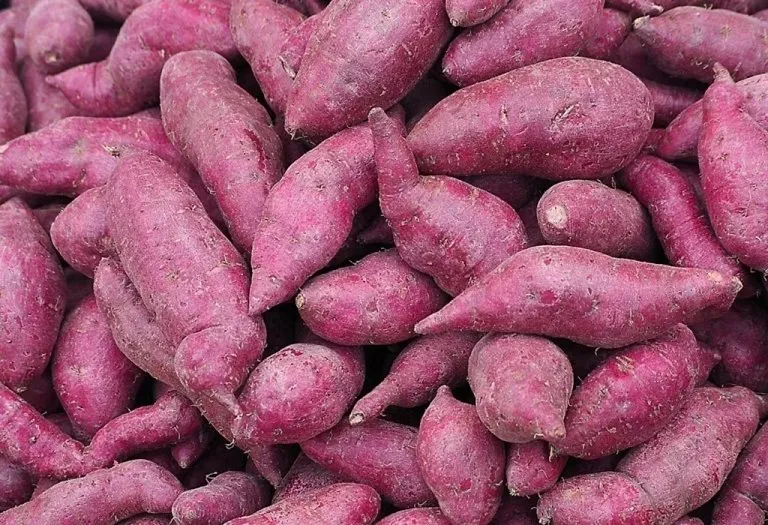Eating Curry Leaves (Kadi Patta) During Pregnancy – Benefits & Precautions

- Is It Safe to Eat Curry Leaves During Pregnancy?
- Nutritional Facts of Curry Leaves
- Benefits of Curry Leaves During Pregnancy
- How to Include Curry Leaves in Your Pregnancy Diet?
- Precautions to Be Taken While Consuming Curry Leaves
- FAQs
It is normal to be concerned about your diet during pregnancy. Choosing which food items to include and what to avoid can become a challenge during this important phase of your life. If you like the taste of curry leaves and are pregnant, you will wonder if you can eat curry leaves during pregnancy. Widely used in Indian cuisine for their aromatic flavour and medicinal properties, curry leaves are rich in essential nutrients such as vitamins A, B, C, and E, iron, calcium, and antioxidants. However, like any dietary supplement, curry leaves should be consumed in moderation and with proper guidance from a doctor to ensure the safety and well-being of both the mother and the developing baby.
Is It Safe to Eat Curry Leaves During Pregnancy?
Consuming curry leaves or kadi patta during pregnancy is safe and is even recommended by doctors. Curry leaves have numerous benefits and also provide essential nutrients to the mother-to-be. Eating curry leaves also reduces the risk of anaemia, premature birth, and infections.
Nutritional Facts of Curry Leaves
Curry leaves are usually considered a food additive that enhances the flavour of a dish. However, they provide a fair amount of nutrition as well. A single curry leaf is about 0.5 g in weight and contains the following proportioned elements.
| Nutrient | Value |
| Calcium | 0.1% |
| Iron | 0.1% |
| Vitamin C | 0.001% |
| Vitamin A | 0.5% |
| Fibre | 0.4% |
| Folic acid | 0.03 mg |
| Calories | 0.1 kilo-calories |
Benefits of Curry Leaves During Pregnancy
Consuming curry leaves during pregnancy offers numerous health benefits, enhancing maternal and fetal well-being. Here are a few benefits of incorporating curry leaves in pregnancy.
- Curry leaves help maintain cholesterol levels by controlling LDL and HDL cholesterol that can harm the body (1).
- Curry leaves’ antibacterial properties also significantly help streamline the digestive system.
- Curry leaves contain carbazole, which helps clear out any harmful bacteria present in the gastrointestinal tract, including Salmonella and E. Coli. These bacteria can be pretty dangerous to the fetus and can result in the baby developing congenital disabilities as well (4).
- The alkaloid present in the leaves stimulates blood flow through the body and helps secrete a serum that protects the intestinal walls from inflammation and bacterial attacks. This results in smooth and trouble-free bowel movements that prevent diarrhoea and other intestinal problems (6).
- Curry leaves contain a good proportion of fibre and vitamins. These work together to reduce the risks of acute fatty liver, which is a possibility during pregnancy.
- Curry leaves are rich in iron and folic acid, enhancing iron absorption and preventing anaemia (2).
- The antioxidant properties in curry leaves boost overall immunity, protecting both mother and fetus from infections.
- Chewing curry leaves or drinking their juice can help reduce morning sickness and nausea during pregnancy.
How to Include Curry Leaves in Your Pregnancy Diet?
Curry leaves can be used in several food preparations. Including them in at least one food item daily should help you satisfy nutritional requirements and derive major benefits.
1. You can prepare a quick concoction from it, especially if you suffer from diarrhoea or other intestinal issues.
How to Prepare
-
- Take about 5-8 stems full of curry leaves and grind them all together.
- Add cumin seeds and grind further to make a fine powder.
- Add this to a glass of water and allow it to brew steadily.
- Strain the concoction and add a spoonful of honey to it to balance the taste.
- Drinking this four times a week will reset the functioning of the digestive system rather effectively.
2. Make chutneys using fresh curry leaves, which can be a tasty addition to meals.
3. Dried and powdered curry leaves can be sprinkled on salads or mixed into smoothies.
Precautions to Be Taken While Consuming Curry Leaves
- Curry leaves have many benefits, including improving skin tone and hair health with regular application. However, using them more often than needed can weaken hair roots, resulting in hair loss.
- The constitution of curry leaves makes them extremely rich in carbohydrates, and if you eat them regularly, it could increase your sugar levels rapidly. Our diet usually contains refined carbohydrates. Complementing them with a fistful of curry leaves could cause a significant imbalance of sugar levels, which can affect the lipid profile of your body, including good cholesterol levels. It is better to be safe than sorry.
FAQs
1. How many curry leaves should I eat daily during pregnancy?
While there is no specific recommended daily amount, it is advisable to use curry leaves as a seasoning rather than a primary food source. Typically, 8-10 leaves added to your meals should be sufficient to gain their health benefits without over-consumption. Always consult with your healthcare provider for personalised advice.
2. Can curry leaves aid in post-pregnancy recovery?
Curry leaves have a rich nutrient profile that can benefit post-pregnancy recovery. They help restore overall health, enhance lactation, and promote weight loss by improving metabolism. Including curry leaves in the diet after childbirth can support the body’s recovery process, but it should be done under medical guidance.
3. Are there any side effects of consuming curry leaves in pregnancy?
Curry leaves are generally safe during pregnancy, but consuming them in large quantities may lead to digestive issues such as heartburn or upset stomach. It is important to eat them in moderation and consult your doctor if you experience any adverse effects (5).
4. Can curry leaves help in managing pregnancy hypertension?
Curry leaves can positively impact blood pressure regulation, which is essential during pregnancy to prevent complications like preeclampsia. The potassium content in curry leaves helps balance sodium levels in the body, thereby aiding in the maintenance of normal blood pressure (3).
Eating kadi patta during pregnancy is not unsafe; however, you need to be careful with how much you consume. A diet that provides balanced nutrition during pregnancy is essential. Eat everything in moderate amounts, and consume kadi patta in the correct quantity to derive maximum benefits from this nutritious herb.
References/Resources:
1. Abeysinghe. D. T, Alwis. D. D. D. H, Kumara. K. A. H, Chandrika. U. G; Nutritive Importance and Therapeutics Uses of Three Different Varieties (Murraya koenigii, Micromelum minutum, and Clausena indica) of Curry Leaves: An Updated Review; PubMed Central; https://www.ncbi.nlm.nih.gov/pmc/articles/PMC8572594/
2. Krishna. S; Miraculous Health Benefits of Curry Leaves; Krishnendu Ayurveda; https://krishnendu.org/miraculous-health-benefits-of-curry-leaves/; September 2019
3. Gopal. R, Ambiha. R, Sivasubramanian. N, et al.; Effect of curry leaves in lowering blood pressure among hypertensive Indian patients; PubMed; https://pubmed.ncbi.nlm.nih.gov/37969660/
4. Bhusal. D, Thakur. D. P; CURRY LEAF: A REVIEW; ResearchGate; https://www.researchgate.net/publication/355876813_CURRY_LEAF_A_REVIEW
5. Shirole. L. D, Ahire. S. M, Shewale. R. T, Pawar. V. V; A REVIEW ON CURRY LEAVES (MURRAYA
KOENIGII): POTENTIAL MEDICINAL PLANT; IJCRT; https://ijcrt.org/papers/IJCRT2211220.pdf; November 2022
6. Firdaus. S. B, Ghosh. D, Chattyopadhyay. A, et al.; Protective effect of antioxidant rich aqueous curry leaf (Murraya koenigii) extract against gastro-toxic effects of piroxicam in male Wistar rats; PubMed Central; https://www.ncbi.nlm.nih.gov/pmc/articles/PMC5598401/; July 2014
Also Read:
Herbs in Pregnancy
Eating Pickles during Pregnancy
Is Eating Neem during Pregnancy Safe?
Shatavari (Asparagus Racemosus) when Pregnant
Was This Article Helpful?
Parenting is a huge responsibility, for you as a caregiver, but also for us as a parenting content platform. We understand that and take our responsibility of creating credible content seriously. FirstCry Parenting articles are written and published only after extensive research using factually sound references to deliver quality content that is accurate, validated by experts, and completely reliable. To understand how we go about creating content that is credible, read our editorial policy here.




































